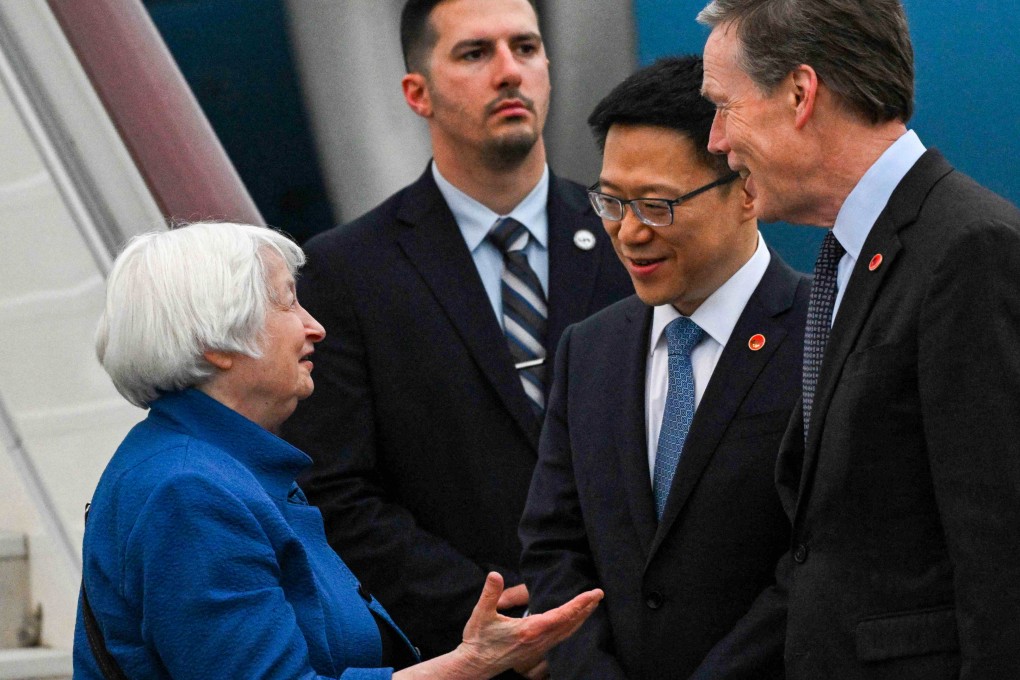Inside Out | Small multilateral successes remind us why great powers must cooperate
- Countries must match their rhetoric with action to solve pressing problems such as climate change and the regulation of artificial intelligence
- Despite paralysis at institutions like the United Nations, organisations like the Arctic Council and International Seabed Authority are making progress

Her call for more cooperation in particular between the US and China is of course very welcome. But it would be more welcomed if and when the lecture-like rhetoric is matched by concrete action.
The safety of our futures relies much more heavily on extensive cross-border collaboration than most of our politicians recognise – not just in the large, lumbering multinational institutions like the World Bank, the International Monetary Fund and the United Nations but in dozens of unglamorous, seldom-noticed international organisations. At our peril, many of these international talk-shops have been put in jeopardy while most of our political leaders have neither noticed nor cared, instead preferring to construct comfortable echo-chambers that are more easily controlled and managed.
But with 65 per cent of Russian territory sitting on permafrost, climate change across Arctic Russia is of critical importance to us all. Russia is also by far the most ambitious user of the Arctic Ocean, including its mineral resources and the sea routes that are opening up as sea ice melts.
